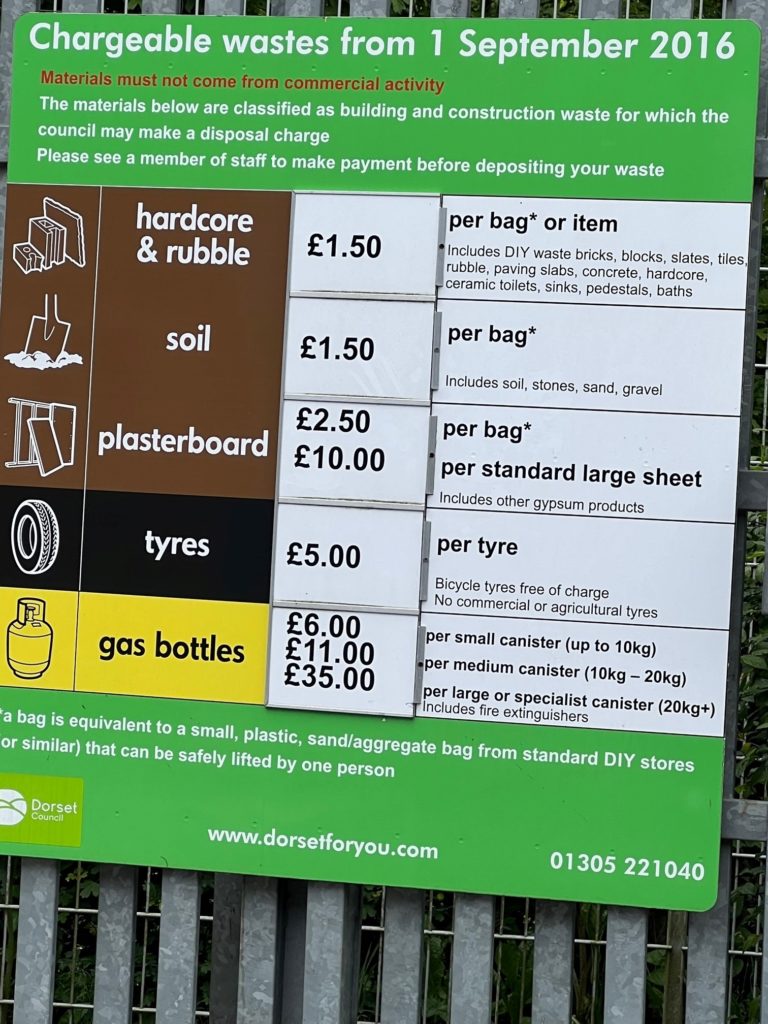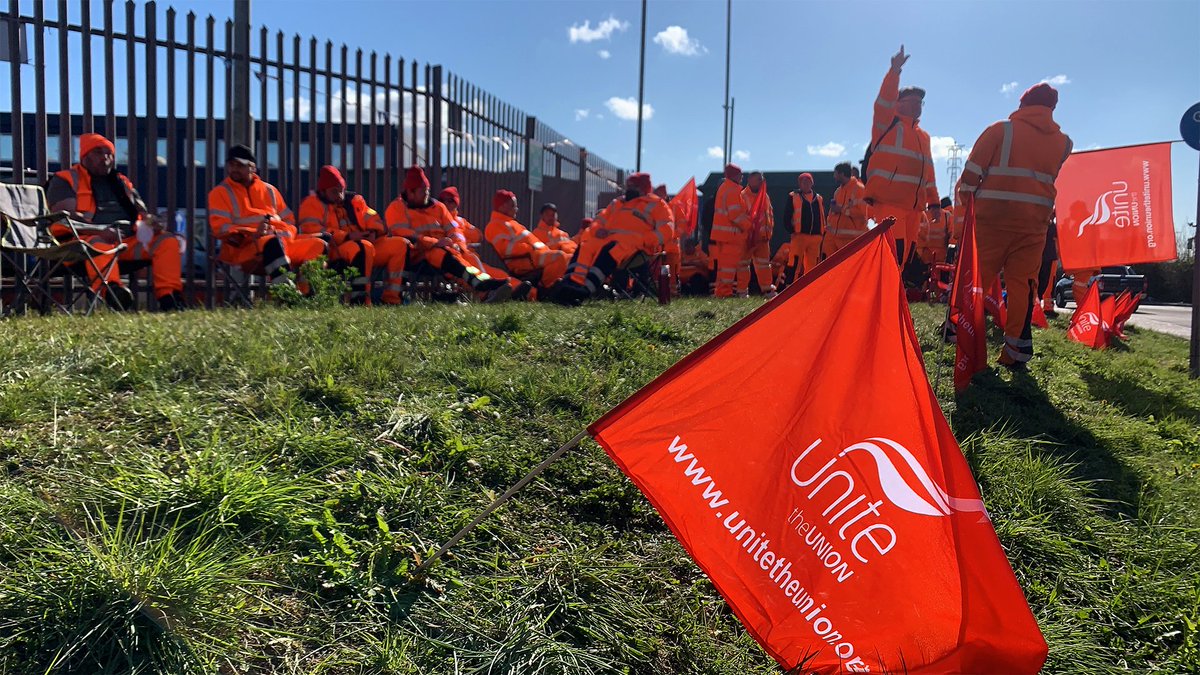Inflation hit 9.9% in August, falling slightly from 10.1% in July, the highest it had been for 10 years. The Bank of England expects inflation to peak at 11% in October.
The Local Government Association (LGA) claims inflation and energy prices will contribute to an additional £2.4 billion in “unforeseen extra cost pressures” to council budgets this year.
The spike in inflation and energy prices is an “unprecedented crisis”, the LGA says, “which could not have been predicted by either central or local government.”
A survey carried out by the District Councils’ Network (DCN) in July found nearly two-fifths (39%) of district councils could “scale back” their waste collection services as a result of inflation.
Steve Palfrey is chair of the waste group at the Association of Directors of Environment, Economy, Planning and Transport (ADEPT), an organisation which represents local authority ‘place directors’ responsible for providing day-to-day services.
He told letsrecycle.com: “Councils are undertaking wholesale reviews of services and charges as a direct result of inflation and fuel costs. If these rising costs are not properly funded, local authorities will face little choice but to look at reducing the current range of services.
“At a time when government and councils are looking to improve waste services and environmental outcomes, this would be a real backward step.”
Waste-specific financial pressures
Inflation has hit the sector at a time when it faces an array of “other waste-specific financial pressures”, according to Sam Horne, chair of the National Association of Waste Disposal Officers (NAWDO), a network for senior managers at waste disposal authorities.

Mr Horne cited changes to regulations around persistent organic pollutants and to rules governing booking systems and the disposal of DIY waste at household waste recycling centres (HWRCs).
“These combine to create a significant overall impact that will require authorities to make difficult decisions about service provision,” Mr Horne said.
Mr Palfrey also cited the government’s proposed ban on charges for the disposal of DIY waste at HWRCs as an issue, along with the proposal to provide all households with free garden waste collections. ADEPT’s chair described both policies as being “out of step with the financial reality”.
“They would work against efforts to reduce waste and impose huge additional costs for the council taxpayer,” Mr Palfrey said. “In addition, it doesn’t seem fair that those who are struggling with the cost of living, unable to afford home improvement projects or who don’t have a garden will, in effect, be funding those who are in a more affluent position and able to cover these costs themselves.”
Mr Palfrey said ADEPT would like to see “more producer pays approaches” to incentivise waste reduction and recover costs, alongside recognition of the inflationary pressures from government in the form of “proper funding”.
Inflationary mechanisms
Addressing the impact of inflation on contractual arrangements, Mr Horne told letsrecycle.com that many NAWDO members held long-term waste disposal contracts which enabled the delivery of the infrastructure needed to manage material “effectively”. These contracts tend to have inflationary mechanisms built in, Mr Horne said, meaning many local authorities will experience significant uplifts in their costs “across the board”.

This means, Mr Horne suggested, a large disposal authority with an RPI-based inflationary mechanism could see their spend increase from £45 million to £50 million this year.
“The financial fluctuations make investment decisions more challenging as it is almost impossible to get cost certainty to be able to develop a suitable business case,” Mr Horne said. “The supply chain is not able to provide any certainty and with the most recent fluctuations in exchange rates this makes things even more difficult.”
However, Mr Horne acknowledged increased energy costs were “somewhat double-edged”. While on the one hand, council costs will increase to meet the requirements of running infrastructure and haulage, councils may enjoy the “potential benefits” of the higher prices charged by energy from waste plants for the power they exported.
District councils
The survey on the impact of rising inflation carried out by the DCN, a cross-party network of 183 local authorities, received responses from 65 members, 36% of all district councils.
Inflation and pay pressures are driving up our costs just as the cost-of-living crisis bites for our residents and fuels demand for our services
- Cllr Sharon Taylor, DCN vice chair and finance spokesperson
Alongside finding many local authorities planned to scale back collection services due to inflation, the survey also showed that 94% of respondent councils expect “significant pressure” on waste collection as a result of rising fuel costs.
Cllr Sharon Taylor, the DCN’s vice chair and finance spokesperson, said: “District councils face a perfect storm. Inflation and pay pressures are driving up our costs just as the cost-of-living crisis bites for our residents and fuels demand for our services.”
Surveys
Elsewhere, the LGA discussed the challenges associated with inflation at a meeting of its environment, economy, housing and transport board on 29 September.

According to a report which went before the meeting, councils are reporting concerns about rising costs and the capacity to make reductions without impacting services. The report also said some councils had reported concerns about strikes, which unions have told letsrecycle.com have increased as a result of inflation (see letsrecycle.com story).
Both Defra and NAWDO have surveyed councils about workforce, costs and capacity challenges in the waste sector, the report says, the results of which the LGA will work with other council waste team networks to “understand and disseminate”.










Subscribe for free